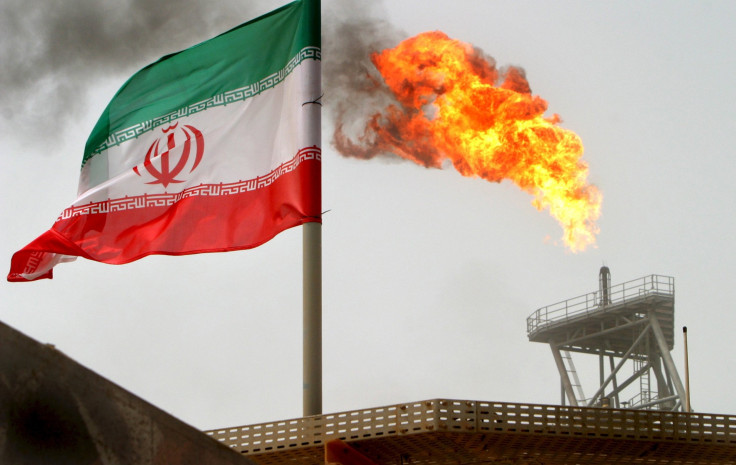Iran Presses For Banking Agreement To Facilitate Sanctions Pact

Iran is pressing the United States to ease banking obstacles to the reopening of trade under last year's nuclear deal and hopes for progress on the sidelines of United Nations meetings in New York this week, an Iranian official said on Sunday.
The country's national airline has provisionally agreed to buy U.S. and European aircraft worth over $50 billion at list prices, marking a high-profile test case for the reopening of its economy under a deal with world powers to ease sanctions.
Nine months after the sanctions deal took effect, foreign banks are reluctant to get involved because of concerns that they could be caught up in restrictions applying to U.S. banks, which are still banned from doing business with Iran.
Under the deal to lift nuclear-related sanctions, Iran can buy passenger planes and other goods but is not allowed to pay for them in dollars or to use the U.S. financial system, due to core U.S. sanctions that remain in force.
The ban on paying in dollars is a particular headache for Boeing and international leasing companies, which usually account for their portfolios in the world's leading currency.
Paying in other hard currencies could generate fleeting movements in the U.S. financial system known as U-Turn transactions, which are also banned.
"We are negotiating and I hope that during the trip of President (Hassan) Rouhani to the U.S. today or tomorrow, we can have some news on the subject," Deputy Roads and Urban Development Minister Asghar Fakhrieh Kashan told foreign investors at the CAPA Iran Aviation Finance Summit in Tehran.
IranAir Chairman Farhad Parvaresh is traveling to New York as part of Rouhani's delegation for the U.N. General Assembly.
The United States has said it has no plans to reinstate "U-turn" authorization, which would allow foreign banks to use its financial system to transfer funds for some Iran-related trade.
Iran wants to pay Boeing in dollars but failing such an agreement - which many observers consider unlikely - it wants the U.S. Treasury's Office of Foreign Assets Control (OFAC) to approve the financing as part of a separate process under which it must also grant licenses before jets can be exported to Iran.
Industry sources say Boeing is talking to third-parties about handling the transactions and paying it in dollars, but is unlikely to proceed without clear guidance from Washington.
Export Licenses
Although it usually sells planes in dollars, France-based Airbus is expected to be paid in euros and would not need further permission to absorb the cash, industry sources said.
However it does need the same U.S. export licenses as Boeing due to the high proportion of U.S. parts in its aircraft. Kashan said earlier he felt the U.S. Treasury export licenses for all of Iran's potential suppliers could be granted by end-September.
Foreign banks, some of which have faced huge fines for breaking U.S. rules, are worried about financing the deals.
"The problem for European banks is that we don't know the conditions under which OFAC will approve (the deals) and the second is that it is a question of reputation," Bertrand Grabowski, a managing director at Germany's DVB told Reuters.
"Even if OFAC gives approval, what most of the big European banks fear, because they have great franchises in the U.S., is that there may be some fight-back in an unknown form and at an unknown time for the business they may have with Iran."
Republicans who oppose the nuclear deal have warned against allowing Iran to use the dollar in business transactions.
Lack of clarity over the currency regulations is also causing headaches for leasing companies which are expected to play a major role in Iran's fleet renewal by taking ownership of many of the jets and leasing them back to IranAir."If there are significant restrictions, that would be a real issue" said Firoz Tarapore, Chief Executive of Dubai Aerospace.
© Copyright Thomson Reuters 2024. All rights reserved.





















